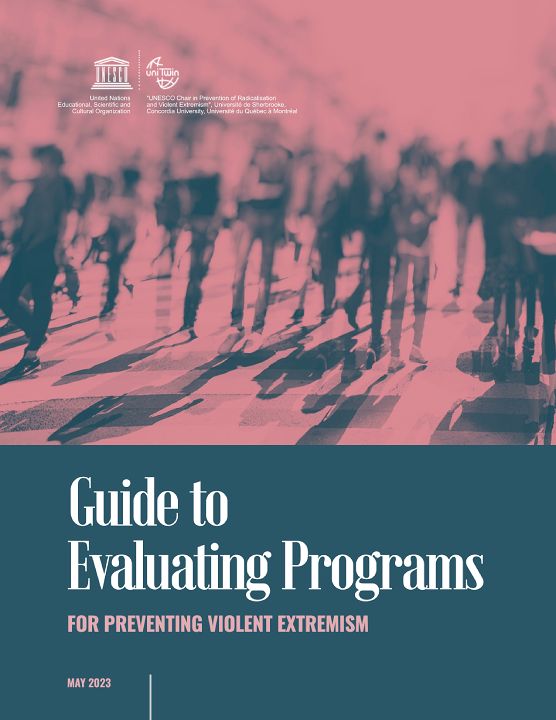Guide
Finding out what works, what doesn’t, and why is essential for sound program development.
Although practitioners make observations to analyze and adjust their actions every day, these observations run the risks of being biased, of lacking an adequate overview, and of overlooking the experience of other people who are directly concerned by their actions. In contrast, program evaluations that apply rigorous methods and explicit criteria provide evidence that can enable stakeholders to answer the above questions.
The need to evaluate the relevance and effectiveness of interventions is especially pressing in recently-developed fields that cannot rely on years of scientific research to ensure that interventions are of high quality and follow best practices. One such field is the prevention of violent extremism (PVE), which is a new conceptual and practical approach that differs greatly from but complements the traditional security response for fighting extremism related violence.
In Canada, many organizations have become involved in PVE in recent years. As of 2020, the Canadian Practitioners Network for the Prevention of Radicalization and Extremist Violence (CPN-PREV) had identified 26 different programs for preventing radicalization and violent extremism in Canada (Hassan et al., 2020). The various mapping and inventorying initiatives by CPNPREV and the UNESCO-PREV Chair have shown that the organizations have devoted much of their efforts to
develop PVE intervention practices and programs, which has left them with little time for evaluating.

Resources
| Title | Author | Date of Publication |
|---|---|---|
| Evaluation Guide | Anastasopoulos, V. et al. | 30 April 2023 |